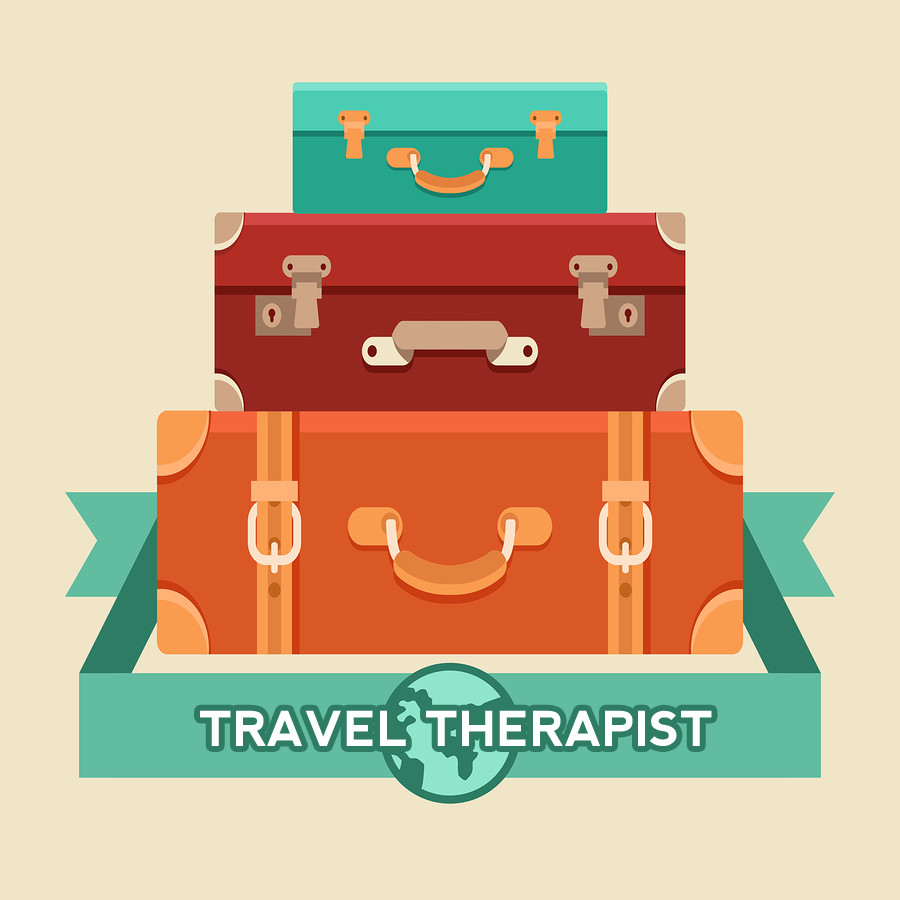If you are an experienced therapist who is looking for a new challenge or adventure, or if you are interested in transitioning to a new town or gaining experience in a new practice setting, or if you just want to maximize your earnings and pay off some student loans, you may want to consider a career as a travel therapist. It pays well, offers opportunities you might not find locally, and gives you a chance to visit new places and meet new people.
Great travel therapists share the following 6 Traits:
1. Enjoy Meeting New People. You’ll need to take initiative to introduce yourself to coworkers at your assigned facility and work well with many types of people. Travel Therapists make an effort to get to know some of their colleagues outside of the office so that they have companionship for after work hours.
2. Love to Explore. If you enjoy new environments and visiting new places, you might be a good fit for travel therapy. You can change your location several times a year, traveling with the weather if you like. Regional positions are also available if you prefer to be closer to friends and family.
3. Self-motivated and Independent. As the perennial “new kid on the block” you may be on your own a lot. It will be up to you to build your social life from scratch at each new assignment, as well as ensure that you are meeting expectations on the job. Some travel therapists take along a pet for a companion, or team up to travel with a friend.
4. Confident in your Therapy Skills. Travel Therapists have strong work habits and are independent workers. The level of supervision you receive will vary by location. An excellent work history and high level of skill and empathy enable travel therapists to thrive in whatever setting they find themselves. Your hard work and education will be rewarded with some of the highest hourly wages in the industry.
5. Adapts easily to new challenges. The reality in travel therapy is that as soon as you have grown accustomed to one place, it’s time to move on to the next. Every facility is different. You’ll have to contend with not knowing where things are kept, varying policies, and finding your way around.
6. Learns fast. Facilities don’t request contract therapists unless there is an immediate need. As a travel therapist, you’ll be expected to hit the ground running from the first day. You won’t have a lot of time to assimilate new information.
Sound like travel therapy may be for you? Want to learn more? Contact the recruiting professionals at PT Solutions. We can connect you with rewarding opportunities throughout the country to advance your therapy career.

